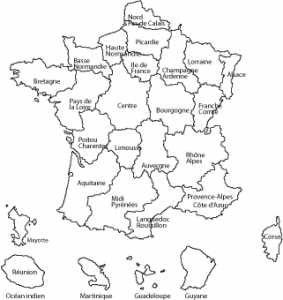La Réunion to benefit from VDSL2 courtesy of Orange
Article (French language / Langue Française)
Le VDSL2 d’Orange arrive à la Réunion | DegroupNews
Orange lance le VDSL2 à la Réunion | Clicano.re (La Réunion)
My Comments

France is even working on the overseas territories like La Réunion to raise the broadband capacity there
France Télécom (Orange) are now involved in deploying a VDSL2 next-generation broadband to La Réunion, one of France’s “Départements Outre-Mer” or overseas regions. This is part of an effort to raise the bar for Internet access in these regions such as this one which is near Madagascar.
Initially the service will pass 35000 households and businesses offering them 50Mb/s bandwidth and will be a “triple-play” Livebox package known as Magick, costing EUR€59 / month. The telephony component will provide unlimited calls to landlines and mobiles in La Réunion and mainland France along with unlimited calls to landlines only in other French Départements Outre-Mer regions and 50 other countries. There is the unlimited 50Mb/s Internet along with 50Gb online storage at Orange Cloud. As well, the TV component will also include the Deezer Premium online-content service.
At the moment, the subscribers have to be 1.6km from the exchange for this to work but Orange wants to double this target by 2015. This is in conjunction with a fibre-optic effort that is taking place in Saint-Denis to raise the bar here.
Personally I would like to see one or more of the other competing ISPs that are operating in L’Héxagone (mainland France) to target La Réunion and the other DOM territories for competitive service. This could then be an effort to reduce the price of a decent triple-play service in these territories.
